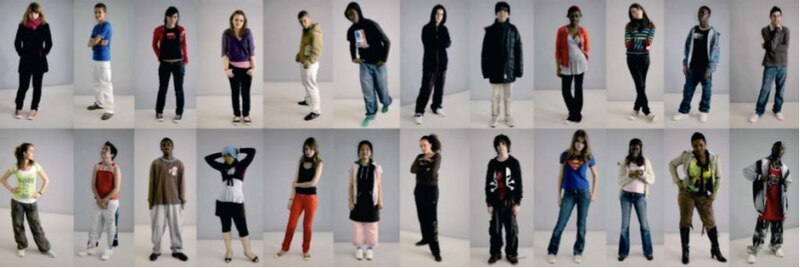
Yesterday I took a break from blogging to check out “The Class,” the French movie about a year in the life of an urban classroom that took the top prize at last year’s Cannes Film Festival. Among the movie’s many fans: Schools Chancellor Joel Klein, apparently.
Michael Barker, the Sony Pictures Classics executive who brought the movie to the United States, showed Klein the movie before it hit the theaters. (Klein’s wife, Nicole Seligman, is a Sony executive.) From the L.A. Times:
One of the first things Barker did when he brought the film to America was to screen it for Joel Klein, an old friend who is the New York City schools chancellor. “He adored it,” Barker says. “He recognized right away that ‘The Class’ was about the challenges every school system in America has in trying to deal with multiculturalism.”
For all of the hype about the movie, I expected its main character, Mr. Marin, to be a better teacher. I was dismayed not to see him ask his students, who present an unsurprising array of discipline and family problems, to tackle any challenging assignments. In fact, Mr. Marin declines to plan lessons along with a colleague who teaches history, saying that relevant books, such as Voltaire’s “Candide,” would be too difficult for his students. Later, Marin teaches “The Diary of Anne Frank,” but he uses it as a jumping-off point for personal essays, rather than critical analysis. And then, at the end of the year, one student, Esmerelda, reveals that she read her old sister’s copy of Plato’s “Republic” during the year and understood it. Mr. Marin is surprised, and then the students file out for their summer vacation.
